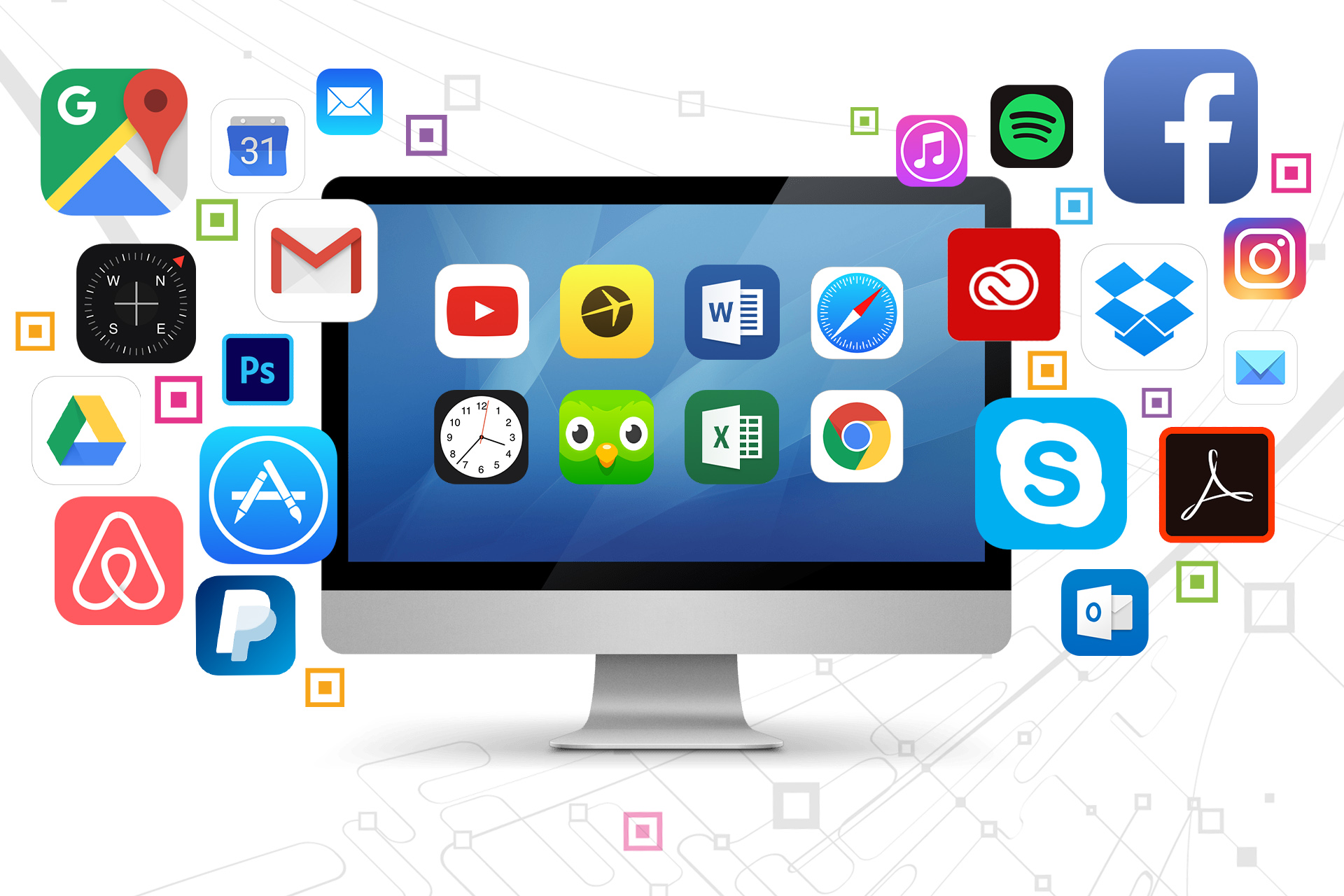Is technology helping us? What is it?

Definition:
A computer is a programmable electronic device that can store, process, and manipulate data to perform various tasks and functions. It consists of hardware components, such as a central processing unit (CPU), memory, storage devices, input/output devices (such as a keyboard, mouse, monitor, and printer), and communication interfaces.
Computers operate using a binary system, which means they use combinations of 0s and 1s to represent and process information. The CPU is the "brain" of the computer, executing instructions and performing calculations. Memory stores data and instructions that the CPU accesses quickly for processing. Storage devices, such as hard drives or solid-state drives, provide long-term data storage.
Software is a crucial part of a computer's functionality. It refers to the programs, applications, and operating systems that provide instructions for the hardware to follow. Operating systems manage the computer's resources and provide a user interface, while software applications enable users to perform specific tasks, from word processing to graphic design to gaming.
Computers come in various forms and sizes, including desktop computers, laptops, servers, smartphones, tablets, and embedded systems found in appliances, cars, and other devices. Over the years, computers have evolved significantly, becoming smaller, more powerful, and capable of performing increasingly complex tasks.
Components:
Hardware Components:
Central Processing Unit (CPU): Often referred to as the "brain" of the computer, the CPU executes instructions from programs and performs calculations. It contains control units and arithmetic logic units (ALUs) that carry out data processing.
Memory (RAM): Random Access Memory (RAM) stores data and instructions that the CPU needs to access quickly during operations. It provides temporary storage for active programs and processes.
Storage Devices: These devices provide long-term data storage. Examples include Hard Disk Drives (HDDs), Solid State Drives (SSDs), and optical drives (CD/DVD/Blu-ray).
Motherboard: The motherboard is the main circuit board that houses the CPU, RAM, and other essential components. It provides the connections for all the hardware components to communicate and work together.
Power Supply Unit (PSU): The PSU provides electrical power to the computer components. It converts the incoming power from an outlet into usable power for the computer.
Cooling System: To prevent overheating, computers use cooling systems, which typically include fans, heat sinks, and sometimes liquid cooling solutions.
Graphics Processing Unit (GPU): Also known as a video card, the GPU is responsible for rendering graphics and images. It's essential for tasks such as gaming, video editing, and graphic design.
Input/Output (I/O) Devices: These devices allow users to interact with the computer. Examples include keyboards, mice, monitors, printers, scanners, and external storage devices.
Network Interface Card (NIC): This component enables the computer to connect to a network, such as the internet, by providing network communication capabilities.
Software Components:
Operating System (OS): The OS is system software that manages computer hardware, software resources, and provides services for computer programs. Examples include Windows, macOS, Linux, and various mobile operating systems.
Application Software: These are programs designed for specific tasks or functions. Examples include word processors, web browsers, video editors, and games.
Utilities: Utility software provides tools to maintain, manage, and optimize the computer system. Examples include antivirus software, disk cleanup utilities, and backup tools.
Device Drivers: These software components allow the operating system to communicate with and control hardware devices such as printers, graphics cards, and network adapters.
These components work together to create a functional computer system capable of running various software applications and performing a wide range of tasks.
Conclusion:
The rapid advancement of technology has led to the development of increasingly sophisticated and compact computers, making computing power more accessible and pervasive. As computers continue to evolve, they enable innovations that shape various industries, including healthcare, education, finance, and entertainment.
It's important to recognize that computers are tools created by humans, and their potential is limited only by our imagination and creativity. While they have brought numerous benefits and conveniences, they also raise ethical and societal considerations, such as privacy, security, and the impact on the job market.
In essence, computers are a testament to human ingenuity, paving the way for new possibilities and pushing the boundaries of what is achievable in the digital age. Whether for personal use, scientific research, or business operations, computers have become an indispensable part of our world, contributing to the continuous progress of society.


Comments
Post a Comment